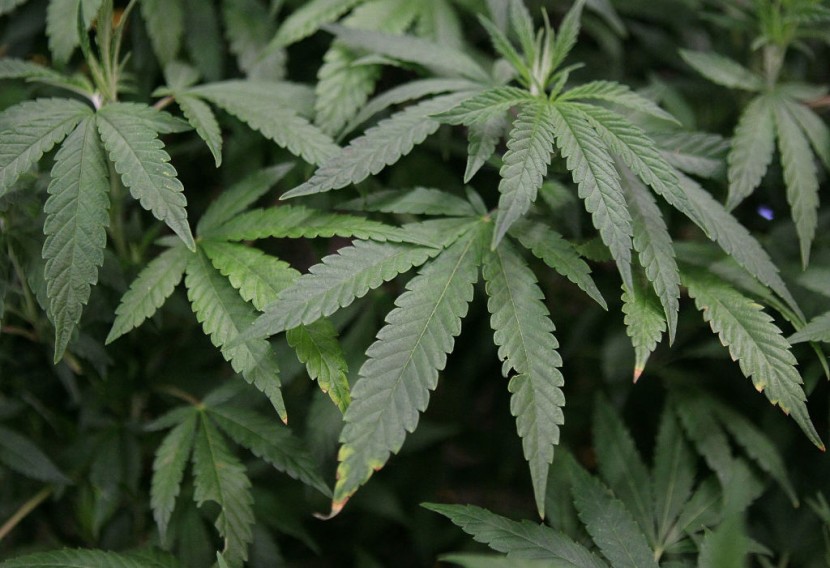
Under the Biden administration, the Department of Health and Human Services (HHS) has made a significant recommendation to the Drug Enforcement Administration (DEA) to relax federal restrictions on marijuana.
Although the proposal does not advocate for marijuana's complete removal from the Controlled Substances Act (CSA), it does propose transferring it from Schedule I to Schedule III, as per Reuters.
Biden Administration Recommends Easing Marijuana Restrictions
This change could represent one of the most significant shifts in federal drug policy in decades. This recommendation stems from a review by the Food and Drug Administration (FDA), which prompted Assistant Secretary of Health Rachel Levine to communicate with the DEA.
The primary objective of this action is to facilitate opportunities for cannabis-based pharmaceutical research and development. Schedule III substances have a "moderate to low potential for physical and psychological dependence."
Also included in this category are ketamine and testosterone. Rachel Levine's letter describes the culmination of a year-long federal evaluation of available marijuana research, resulting from an executive order issued by President Joe Biden in October.
Along with federal pardons for low-level marijuana convictions, the action was perceived as an effort to mobilize younger and more progressive voters ahead of the midterm elections. While rescheduling marijuana to Schedule III has generated optimism in the cannabis industry for immediate financial benefits and the potential to facilitate banking services, legalization advocates have expressed concern.
Cannabis advocate Justin Strekal emphasized that rescheduling does not mean the end of criminalization, as individuals may still face penalties for possession after rescheduling. He noted that criminal penalties persist regardless of a person's lawful standing within a state-level medical program.
Marijuana's current federal classification as a Schedule I substance places it in the same category as heroin and LSD, indicating a high potential for abuse and no recognized medical use.
The change to Schedule III could affect pharmaceutical research and the development of cannabis-based medications beyond the cannabis industry. However, it may also result in administrative adjustments to state markets. A cannabis attorney, Jonathan Havens, speculated on the potential impact of the HHS recommendation on legislative initiatives, especially the SAFE Banking Act, which seeks to make banking services more accessible to the cannabis industry.
If the DEA approves the recommendation, the need for safe harbors may decrease, altering the landscape for cannabis-related businesses' financial transactions.
The action would also be consistent with the transition in state cannabis policies. While cannabis remains illegal at the federal level, 23 states have legalized its use for adults over 21, and 38 states have established medical marijuana programs, Politico reported.
Advocates Push for Full Removal from Controlled Substances Act
However, critics contend that the rescheduling is insufficient. Advocates have called for completely removing cannabis from the Controlled Substances Act, which would necessitate federal legalization and address the broader criminalization issues related to cannabis-related convictions.
The HHS recommendation has elicited a range of responses, with the cannabis industry praising the potential benefits, drug legalization advocates cautiously optimistic about a significant shift, and opponents of the move expressing concerns regarding public health and the motivations behind the proposal.
The ongoing developments demonstrate the complexity of cannabis regulation, its intertwined relationship with criminal justice reform, and its broader implications for pharmaceutical innovation and public policy.
As federal agencies contemplate and potentially reshape the environment, the fate of cannabis and its legal status continues to be the subject of intense scrutiny and debate, according to CNBC.
© 2026 HNGN, All rights reserved. Do not reproduce without permission.








